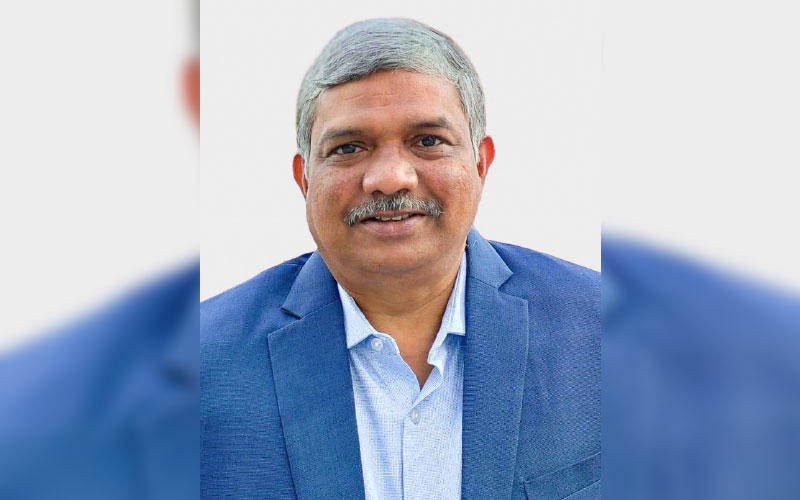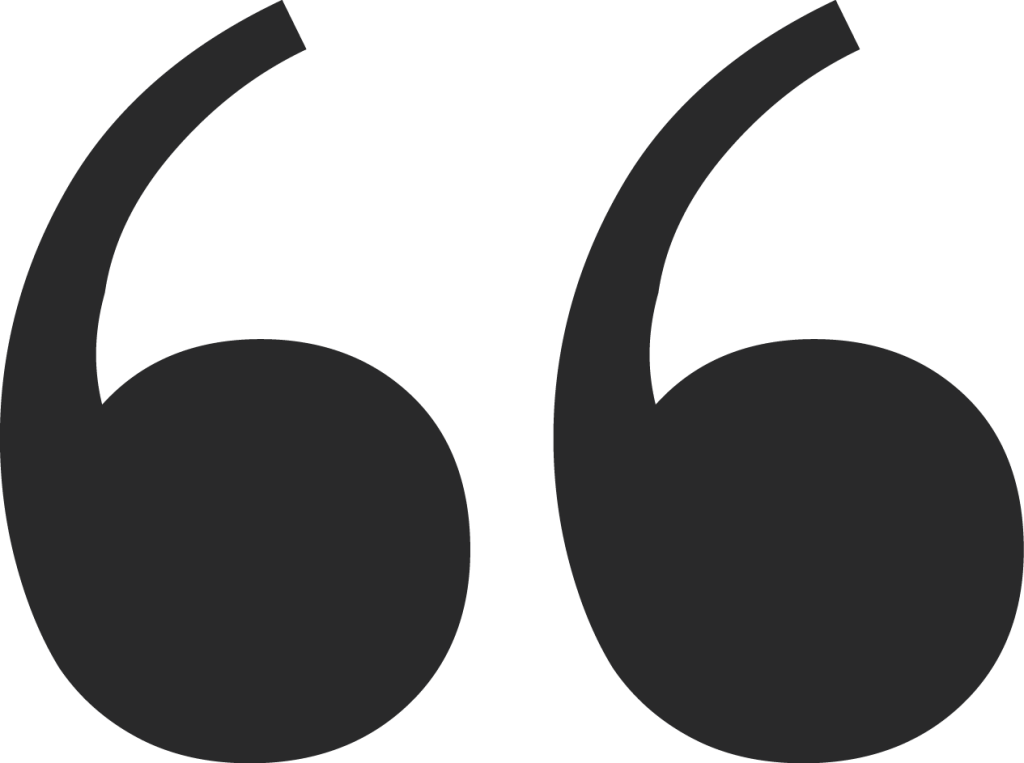With over 34 years in the global paper industry, Mr. Rajasekar Veerichetty, COO of Al-Jawdah Paper, reflects on his journey of setting up a USD 40 million recycled containerboard facility in Al Qassim, Saudi Arabia. In an exclusive interview with Paper Mart, he discusses navigating regulatory challenges, leveraging global experience, integrating smart technologies, and producing 72,000 TPA of high-performance board products, all while driving sustainability aligned with Saudi Arabia’s Vision 2030 and circular economy goals.

Paper Mart: You’ve worked across India and globally, and are now leading Al-Jawdah Paper in Saudi Arabia. How has this diverse journey shaped you professionally and personally? What key lessons stand out when you look back?
Rajasekar Veerichetty: Over three decades in the global paper industry have deeply shaped my leadership mindset. From managing plants in India to overseeing operations across Asia and the Middle East, and undergoing technical training in South America and Europe mills, I have gained an appreciation for agility, cultural sensitivity, and operational efficiency. Personally, the experience has taught me patience, humility, and the importance of building resilient teams. Professionally, one key lesson is that adaptation is the cornerstone of growth—what works in one country may not apply elsewhere. The value of local sourcing, regulatory navigation, and workforce development differs from market to market.

Al-Jawdah Paper was born from the vision of the management to convert post-consumer waste into high-performance packaging boards, reducing import dependency and supporting Saudi Arabia’s circular economy goals aligned with Vision 2030
PM: With over 34 years in the paper industry, what inspired your decision to establish Al-Jawdah Paper? How did your past experiences influence this move?
RV: Having witnessed the evolving demand for sustainable packaging, particularly in the MENA region, I saw a clear opportunity for a local solution that aligns with both environmental and economic priorities. Al-Jawdah Paper was born from the vision of the management to convert post-consumer waste into high-performance packaging boards, reducing import dependency and supporting Saudi Arabia’s circular economy goals aligned with Vision 2030. My experience in building both greenfield and brownfield mills helped shape Al-Jawdah’s foundation—from selecting the right location and machine configuration to assembling a strong, efficient operational team. Our management is highly committed to sustainability, the Green Saudi initiative, and alternate industry development—offering unwavering support to the team at every stage.
Watch: In Pursuit of Lesser Water Footprint
PM: While milestones are celebrated, challenges often go unnoticed. What were some of the major hurdles in setting up Al-Jawdah Paper, and how did you navigate through them?
RV: Setting up a recycled containerboard mill in a new region like Al Mithnab, Al Qassim came with numerous challenges—ranging from supply chain disruptions to technical talent gaps. One of the biggest hurdles was sourcing consistent post-consumer wastepaper locally. However, our management’s prior experience in the wastepaper collection business enabled us to build our own robust ecosystem, including dedicated fleets and partnerships with malls, schools, and commercial hubs. Navigating permitting and compliance in a new regulatory environment was another significant challenge, which we addressed through ongoing local engagement and management guidance.
PM: Based on your experience, what are the key differences between operating in the Indian paper industry and international markets?
RV: In India, the paper industry is more experienced, with diverse raw material sources and a highly cost-sensitive market. In contrast, the GCC region offers unique opportunities with its fast-growing infrastructure and high reliance on imports. However, environmental compliance, energy efficiency, and water usage norms are far more stringently enforced here. Also, the workforce dynamics differ significantly—necessitating tailored training programs and automation adoption. Quality consistency is a central focus at Al-Jawdah to meet the high standards expected across the GCC.
PM: Can you give us a brief overview of Al-Jawdah Paper and its core mission?
RV: Al-Jawdah Paper is a recycled containerboard manufacturing company located in Al Mithnab, Al Qassim province, Saudi Arabia. With a USD 40 million investment, our core mission is to support Saudi Arabia’s transition to a circular, sustainable packaging economy by converting local wastepaper into world-class testliner, fluting medium, premium fluting, and absorbent kraft.

We are progressively integrating digital tools such as AI-based quality control systems, SCADA for real-time process monitoring, and predictive maintenance analytics. We also plan to digitize our supply chain and logistics through ERP integration to enhance transparency, reduce waste, and improve cost control
PM: Please walk us through your current product portfolio and the market segments you cater to.
RV: We manufacture high-quality recycled containerboard, specifically testliner and fluting medium, with grammage ranging from 80 to 240 GSM. Our product portfolio includes brands such as JAPLINEER (testliner), JAPFLUTE (fluting medium), JAPFLUTE PREMIUM (premium fluting), and JAPABSORB (absorbent kraft). These products cater primarily to corrugators, packaging converters, and FMCG brands across Saudi Arabia, the GCC, and export markets including Africa and Europe.
PM: Tell us about your manufacturing infrastructure and the annual production capacity at Al-Jawdah Paper.
RV: Our PM1 is a modern recycled containerboard machine with a trimmed width of 4.30 meters and a design speed of 350 m/min. We currently operate at a production capacity of 72,000 tonnes per annum (TPA). The facility includes a state-of-the-art stock preparation line, an advanced ETP, and energy-efficient systems optimized for GCC conditions.
PM: What differentiates Al-Jawdah Paper in terms of product or process innovation? Who are your major technology suppliers?
RV: What sets us apart is our commitment to local circularity, that is, utilizing post-consumer Saudi wastepaper to produce high-performance boards tailored to regional climate and packaging needs. We collaborate with leading Chinese, Indian, and European technology suppliers known for quality, automation, and cost-efficiency. Our process also features dye customization to produce premium kraft shades preferred in GCC markets.
Also Read: Valmet’s Future-Ready Supply Chain Strategy- Greener Logistics and Circular Economy Practices
PM: With increasing focus on digital transformation, how is Al-Jawdah Paper integrating AI or other smart technologies in its operations?
RV: We are progressively integrating digital tools such as AI-based quality control systems, SCADA for real-time process monitoring, and predictive maintenance analytics. We also plan to digitize our supply chain and logistics through ERP integration to enhance transparency, reduce waste, and improve cost control.
PM: Where do you envision Al-Jawdah Paper five years from now? What are your thoughts on how the global paper industry is evolving?
RV: In the next five years, we aim to triple our capacity and diversify into value added packaging requirements. We plan to expand into Africa and Southern Europe with a sustainable and cost-efficient supply chain model. Globally, the paper industry is clearly moving toward eco-friendly substrates, smarter automation, and decentralized production models that reduce emissions and fulfill localized demand more effectively.

In the next five years, we aim to triple our capacity and diversify into value added packaging requirements. We plan to expand into Africa and Southern Europe with a sustainable and cost-efficient supply chain model



